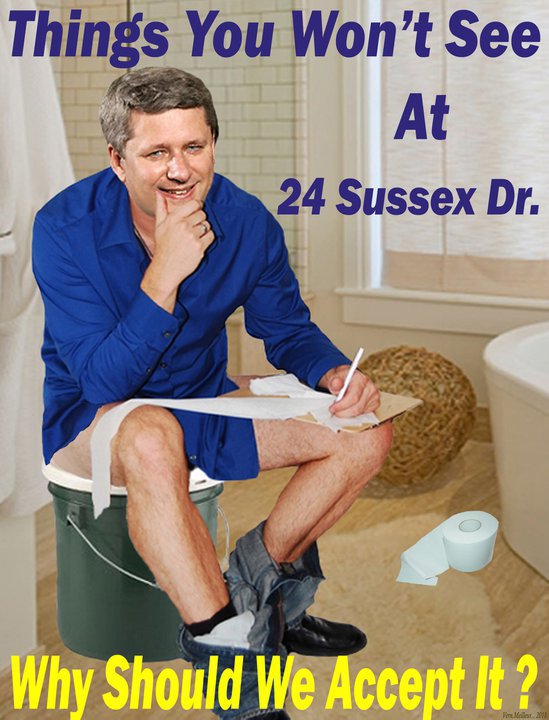Over the last few weeks, many Canadians, Aboriginal people and media types have been discussing the upcoming federal election. People have been trying to analyse the platforms and see which one promises the most for Canada as a whole and for Aboriginal people specifically. I have also provided information in my previous blogs for those so inclined…
Praying Darth Harper and his Death Star Pass Us By: Making Sense of Election Platforms

